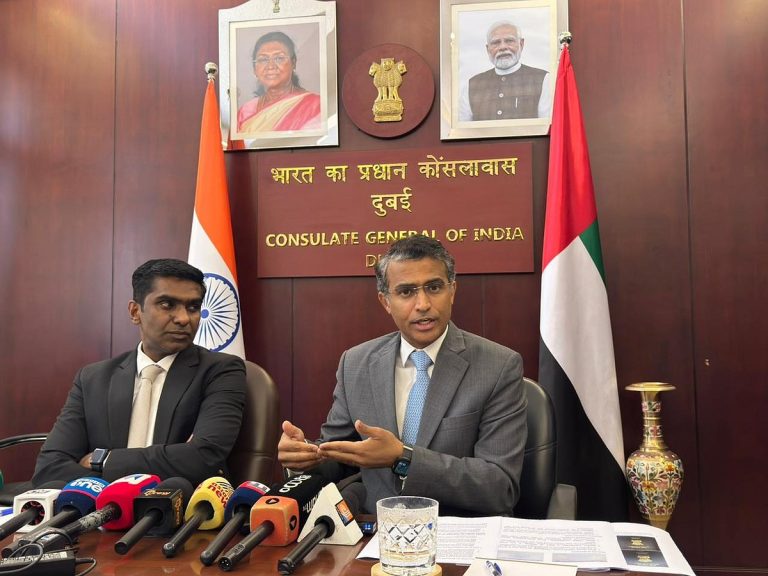UAE Court Acquits Woman in Online Fraud Case
A recent court ruling in the UAE has acquitted a woman previously convicted of online fraud due to insufficient evidence linking her to the crime. The case highlights the importance of conclusive proof in criminal proceedings and the legal principle that any doubt should benefit the accused.
Case Background
The legal troubles began when a man reported being scammed after he advertised a stroller for sale online. He received a payment link from a supposed buyer, which led to a withdrawal of Dh5,000 from his account. Investigators traced the phone number associated with the transaction to the woman, resulting in her conviction in absentia and a one-year prison sentence.
Appeal and Defense
The woman, represented by her lawyer Khadija Suhail, appealed the conviction, arguing that the legal process had significant flaws and that she had not been properly notified of the proceedings. The defense presented evidence that the phone used for the transaction was registered under a man’s name, who testified that he had given the SIM card to his housemaid, an Asian national who resembled the victim’s description but was never investigated.
Court’s Decision
The court reviewed medical records indicating that the woman was bedridden with a chronic illness on the day of the alleged fraud. Ultimately, the judges concluded that mere ownership of the phone was not enough to establish her guilt. They overturned the initial ruling and acquitted her of all charges, citing Article 211 of the Criminal Procedure Law, which emphasizes the necessity of conclusive evidence for a conviction.
FAQs
What led to the woman’s initial conviction?
The woman was initially convicted based on a phone number linked to a fraudulent transaction involving a payment link sent to a victim selling a stroller online.
How did the defense argue against the conviction?
The defense claimed that the proceedings were flawed, highlighted that the phone was registered under another person’s name, and provided medical evidence showing the woman was ill on the day of the incident.
What does the court’s ruling signify for future cases?
The ruling underscores the principle that criminal convictions must be based on solid evidence rather than assumptions, reinforcing the legal standard that any reasonable doubt should favor the accused.
Conclusion
The acquittal of the woman in this online fraud case serves as a reminder of the critical importance of evidence in legal proceedings. As the judicial system continues to uphold the principle of “innocent until proven guilty,” this case may influence how similar cases are approached in the future.
The case reflects broader concerns regarding online fraud and the challenges law enforcement faces in establishing clear connections between suspects and digital crimes. As online transactions become increasingly common, the potential for scams has grown, prompting authorities to enhance their investigative techniques. However, this case illustrates the complexities involved in attributing criminal liability in a digital landscape where anonymity can obscure the true identity of perpetrators.
The legal framework in the UAE emphasizes the necessity of due process and the protection of individual rights, particularly in criminal cases. Article 211 of the Criminal Procedure Law, referenced in the court’s decision, serves as a safeguard against wrongful convictions by requiring that the prosecution must provide irrefutable evidence of guilt. This principle is crucial in maintaining public trust in the judicial system, as it ensures that individuals are not unjustly punished based solely on circumstantial evidence or assumptions.
Furthermore, the outcome of this case may encourage a more thorough examination of evidence in future fraud cases, especially those involving digital transactions. Legal professionals and law enforcement may need to adapt their strategies to account for the unique challenges posed by online fraud, including the need for comprehensive digital forensics and the verification of identities in virtual environments. As technology continues to evolve, so too will the legal standards and practices aimed at combating cybercrime while upholding the rights of the accused.
Also Read:
New Payment Solutions for Filipino Workers in UAE







